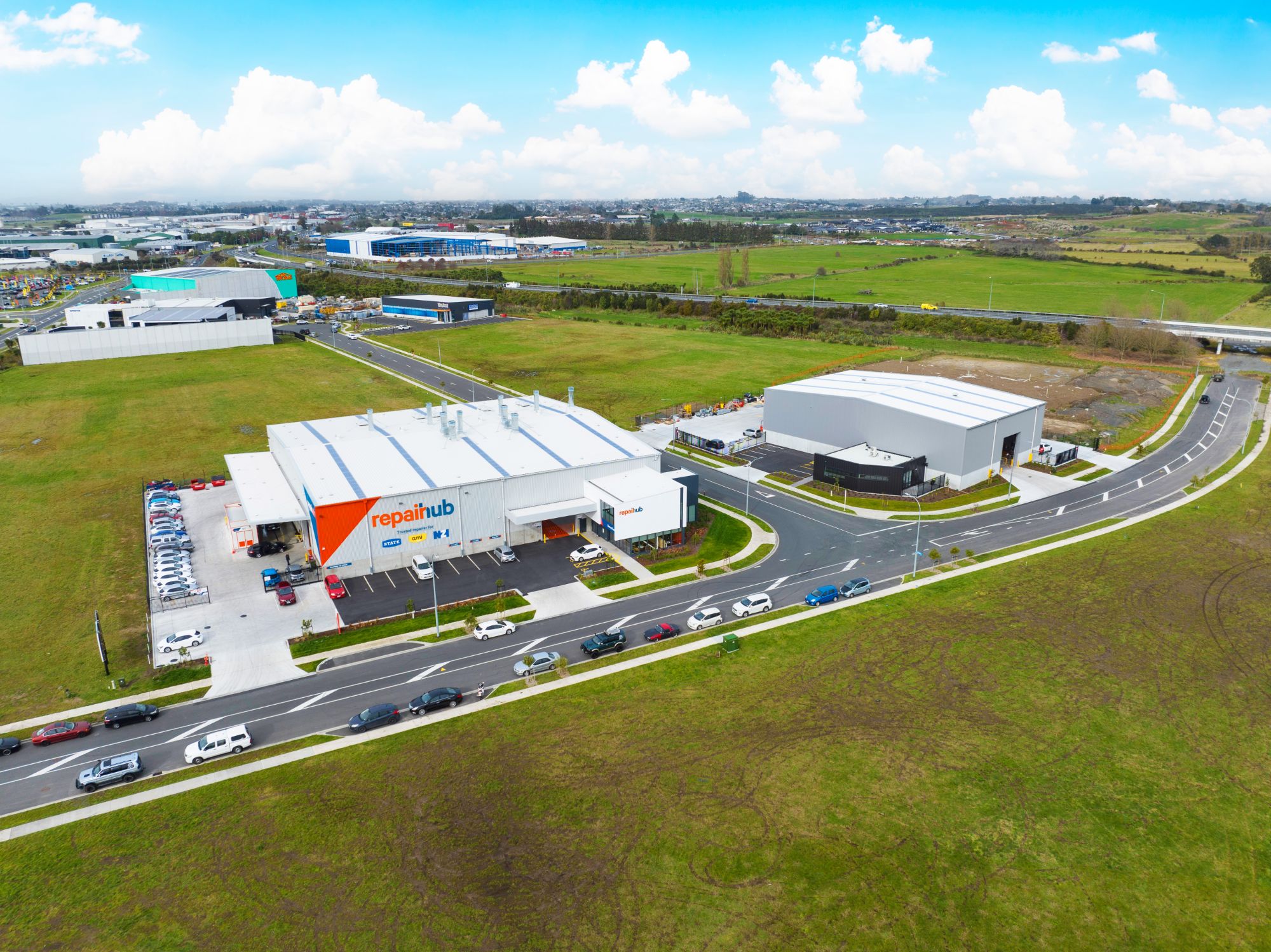Whether you intend to buy or sell a business, it is going to be much easier if you engage the right Business Broker.
For a seller, the Broker can help you to maximise value, price the business correctly, market the business effectively and attract the most qualified buyers.
For a business buyer, the Broker can draft an offer which you should run past your Solicitor before you sign it, negotiate the terms and conditions, guide you through due diligence, help arrange the finance and even suggest possible ways to increase revenue and future profitability.
If the role of business management is problem-solving, an experienced Business Broker can help you solve the problems and smooth the path to business ownership.
Chances are that your selected Broker has sold a similar size or type of business, and is well aware of any inherent risks and also of the critical success factors. It is those factors that determine the multiplier selected when the business is appraised or valued.
It is a commonly held belief that a business has a market value of three times EBPIDT (including stock and plant). This can be true, but often it is far from accurate. For example, an import wholesale company may need to hold large stock volumes because of minimum shipping requirements, delivery delays and other factors.
They may only turn their stock over twice each year, compared to a business with local suppliers which can replace stock weekly or monthly. To compensate for the increased stock holding, the importer may operate on a higher profit margin.
After 10 years of Business Broking, it is apparent that another reliable method of business valuation is the “traditional” method, that being a sum of Stock, Plant and Goodwill (intangible assets).
The stock and plant are relatively easy to value. Most of the negotiation is about the intangible asset value (goodwill). In general, purchasers don’t like paying for goodwill. If things don’t go well, it is the first to evaporate. They can’t see or touch it, they can’t deduct or depreciate it for tax purposes. But it is the price a purchaser needs to pay a vendor for the benefit of taking over a business with a proven track record, an established stable of suppliers, staff and customers.
Business buyers who are reluctant to pay goodwill need to consider the benefits and advantages of making a profit from the first day of ownership. Compared with the risks inherent in starting a new business and waiting a year or two before breaking even or making a profit makes existing businesses a no brainer.




